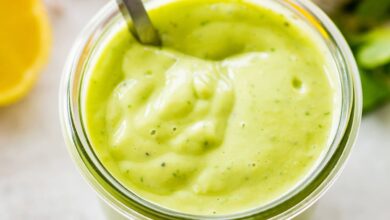What is willpower? Plus, why it may actually be overrated — Calm Blog


What is willpower FAQs
What does it mean to have willpower?
Willpower is the ability to make decisions that align with your long-term goals, even when short-term desires or discomfort get in the way. It’s often described as the act of delaying gratification or resisting temptation.
Willpower also includes the capacity to stay focused, regulate emotions, and follow through on tasks. It’s influenced by your environment, energy levels, and how much mental effort you’ve already used, as opposed to simply internal resolve.
Is willpower good or bad?
Willpower isn’t inherently good or bad. It’s just a tool.
It can be helpful in certain situations, like resisting an impulse purchase or turning off the TV when it’s time to sleep. But relying on willpower alone to make consistent, long-term changes isn’t always effective and can be counterproductive, leading to burnout or shame.
Framing willpower as a moral virtue can make you feel like a failure, even when the truth is you could just be overwhelmed or unsupported. Look at it as one piece of the puzzle, rather than the whole solution.
Why does willpower run out?
If you’re tired, hungry, stressed, overstimulated, or managing a lot of moving parts, your ability to access self-control naturally decreases. Willpower feels like it runs out because it draws on limited mental and physical resources, such as focus, glucose, emotional regulation, and decision-making capacity.
This is how your brain conserves energy when it’s under pressure, and why simple choices feel harder at the end of a long day. Routines, rest, and supportive environments make a bigger difference in allowing you to stick to your goals than willpower alone.
Can you strengthen willpower?
Yes, but not in the way that most people imagine. Willpower isn’t about pushing yourself harder, but about training your brain and body to respond to challenges in more sustainable ways.
You can improve self-regulation by building healthy habits, creating structured routines, and practicing mindfulness and emotional awareness.
The more you automate supportive behaviors (like prepping meals or planning your work blocks), the less likely you are to rely on raw willpower to make decisions in the moment.
What helps more than willpower?
Structure, compassion, and realistic expectations often help more than willpower alone. When your environment cues you toward helpful choices, when your routines remove unnecessary decisions, and when you speak to yourself with care rather than criticism, life often becomes more manageable.
Having support (whether from friends, coworkers, or a therapist) also plays a huge role. What moves the needle is how resourced you are and how well your systems are at play.



